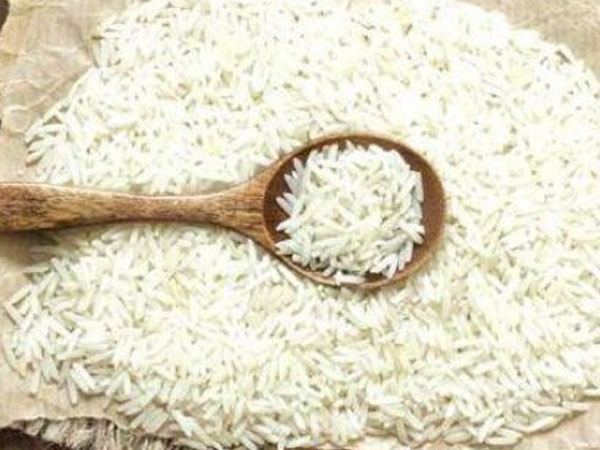 Hopes for a short-term rebound in global rice prices are likely to be dashed as India, the world's largest exporter, sets ambitious shipment targets for the 2025/2026 marketing year.
Hopes for a short-term rebound in global rice prices are likely to be dashed as India, the world's largest exporter, sets ambitious shipment targets for the 2025/2026 marketing year.
The Indian Rice Exporters Federation (IREF) is aiming to export 30 million tons of rice in the season beginning in October, according to IREF President Prem Garg, quoted by analytics firm Platts on September 26. Garg noted that normal projections typically fall in the range of 22 million to 23 million tons.
The bullish outlook stems from India's estimated record rice harvest of 145 million tons this year, which is expected to comfortably meet domestic consumption and significantly increase exportable surplus.
In the world’s most populous country, the Food Corporation of India, the state agency managing agricultural prices, projects that its warehouses will hold a stock of 40 million tons of non-basmati white rice, up from 28 million tons a year earlier.
To move what would be the country's largest-ever export volume, the IREF said India is seeking to expand its outlets beyond traditional African markets and is holding discussions with the Philippines.
Even before negotiations materialize, observers say India's increasing dominance is expected to not only solidify its position as the top global rice exporter but also contribute to pulling global prices downward.
The global benchmark price for Thai 5% broken rice dropped to $347 per tonne on September 25, the lowest level since 2017. Platts attributed the decline to flagging international demand and the depreciation of the local currency (Thai baht).
Buyer sentiment remains cautious, with purchasers delaying orders in the hope of securing even lower prices. The challenging environment is further complicated by recent moves from major importers: the Philippines announced in early August it would suspend imports for 60 days starting September 1 to support local producers, while Indonesia has prioritized food sovereignty by focusing on domestic output to reduce import dependence.
This situation is expected to compound difficulties for India's regional competitors, including Thailand, Vietnam, and Pakistan, which are already grappling with tighter margins.














© Copyright 2025 The SSResource Media.
All rights reserved.